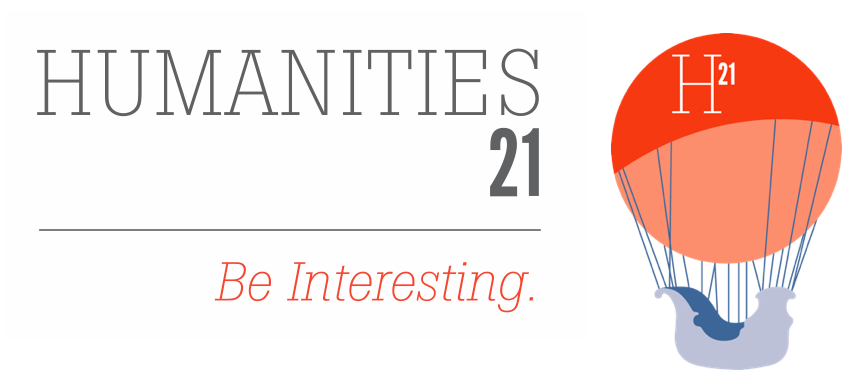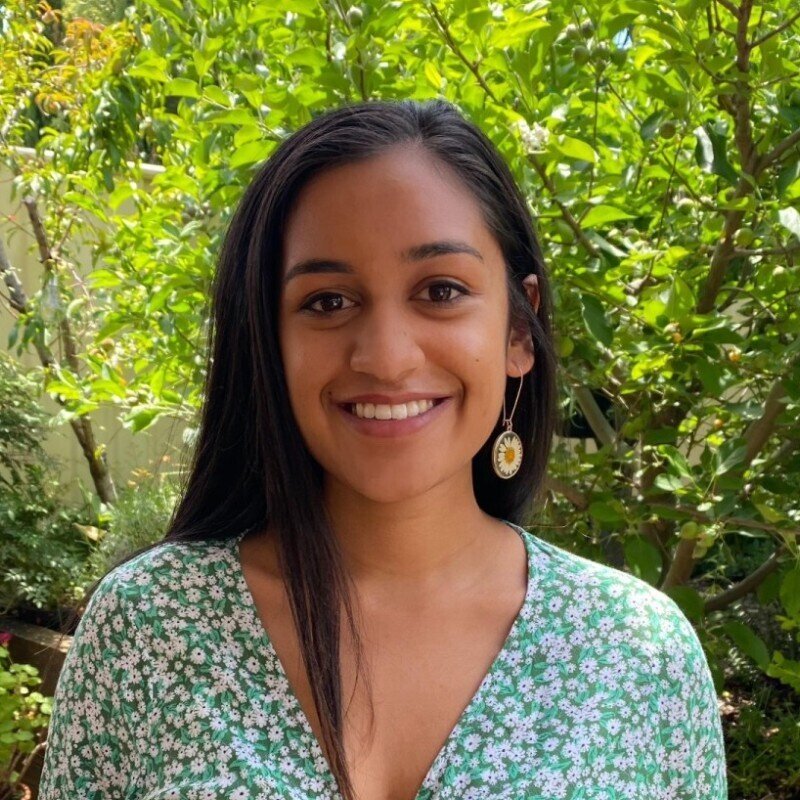Arts@Work profile — Thenu Herath
Thenu Herath is the CEO of Oaktree, Australia’s largest youth-run development agency.
Incredibly accomplished at such a young age, Thenu is putting her humanities education into action, working to empower young people and demand a better future.
Thenu holds a Bachelor of Arts (First Class Hons.) in Politics and International Studies from the University of Melbourne.
What did you study and what inspired you to pursue this path?
I had a very non-traditional entry into the humanities. At high school I was really passionate about science and thought I would study engineering. So that’s what I started doing at the University of Melbourne, but while I was there taking courses in Maths and Physics, at the same time, I was completing breadth subjects including philosophy and politics. What I realised is that what I’m passionate about and what really drives me is understanding the bigger picture and understanding how these solutions work together to enhance the human experience in general.
I found myself being drawn towards certain topics and subjects that really discussed macro level policy solutions to the issues that I was dealing with. After a year, I decided to switch over into a Bachelor of Arts in Politics and International Studies.
What is your current occupation?
CEO of Oaktree. I am also studying the JD part time at the University of Melbourne. Very part time at the moment. That’s what I was doing last year before I took on this role, I had just started post-grad law. I am really enjoying it.
What aspects of your role do you enjoy the most?
The part that I enjoy the most is meeting a whole range of different people. Throughout my life something that I have been really drawn to is hearing different people’s stories- where they’ve come from and where their passions lie. Oaktree is a boiling pot of different people from different backgrounds all working together for the same cause, which is to empower young people, not just in the Asia Pacific but here in Australia as well. I think it’s a really special environment where people are advocating for similar causes that they’re all passionate about.
Thinking back, what was a highlight of your tertiary study?
Going on exchange. It really opened my eyes up to another side of the humanities as well. I think Uni here was really great for studying specific theories, but they can’t cover everything. The university I was at in France gave me more insight into other things, including for example, the Middle East which is a region in particular that I am very interested in. There were limited courses here, but I was able to explore that more there. Also, general life experience from being in France and having to fend for myself in a country where I didn’t know the language taught me a lot!
Were there any co-curricular activities you found particularly valuable?
It was really important for me to keep up some of my passions outside of academics. I’m really into music so I joined orchestras and choirs and dance groups - it was really important to keep a balance. I was also president of a residential college and that spearheaded some of my experience in leadership and management. It really complimented my studies in that way as well. I really recommend doing something like that. I’m drawing on so many of those experiences in my new role at Oaktree, I thought it would be such a big step into the professional world - which it has been - but it’s funny how similar some of the experiences are.
How do you think your humanities education has shaped you personally and professionally?
My humanities education taught me things about myself like what I am truly passionate about. Now transitioning now into to my first professional role, the humanities theories I learnt in terms of how people work together and how politics works and how political structures underpin the very essence of our everyday lives, has also served me really well. Especially in going into conversations with politicians in Canberra or with our major donors. Currently, I am learning a whole heap of things I didn’t get to learn in my arts degree, but the foundation from it is there and has really set me up well.
What career advice would you give to current students or recent graduates?
To understand the importance of studying arts and refute its criticisms. The criticisms that humanities degrees usually get is that they are too general don’t arm you with the hard skills needed to get into professional or corporate or government or policy or whatever it is you want to get in to. But I would refute that and say that what an arts degree actually gives you is the ability to think. And it teaches you how to think. And if you know how to think in this particular way, you are armed with more tools to go on to any sort of discipline later on and really apply a critical lens to your work. I think that is more important at this stage than perhaps some of the lack of hard skills. We live in a world that’s very specialised, and I’m a generalist, and being a generalist is often looked down upon, but we need people like that. Otherwise, we operate in silos that don’t connect and don’t work toward a common goal.
Finally, what book have you recently read that truly captured your attention?
I just finished reading The Education of an Idealist by Samantha Power. Samantha Power was an ambassador to the United Nations during the Obama administration. It was a really interesting read. I related a lot with her and her journey going from this sense of idealism about how the world should work and what she thought were some easy solutions, and then, having to take a really pragmatic approach when actually getting into positions of power. I feel like I’ve gone through a really similar journey in the last couple of years. It really explores how to keep that sense of idealism but learn how to work in the world we live in as well. I really recommend it!


